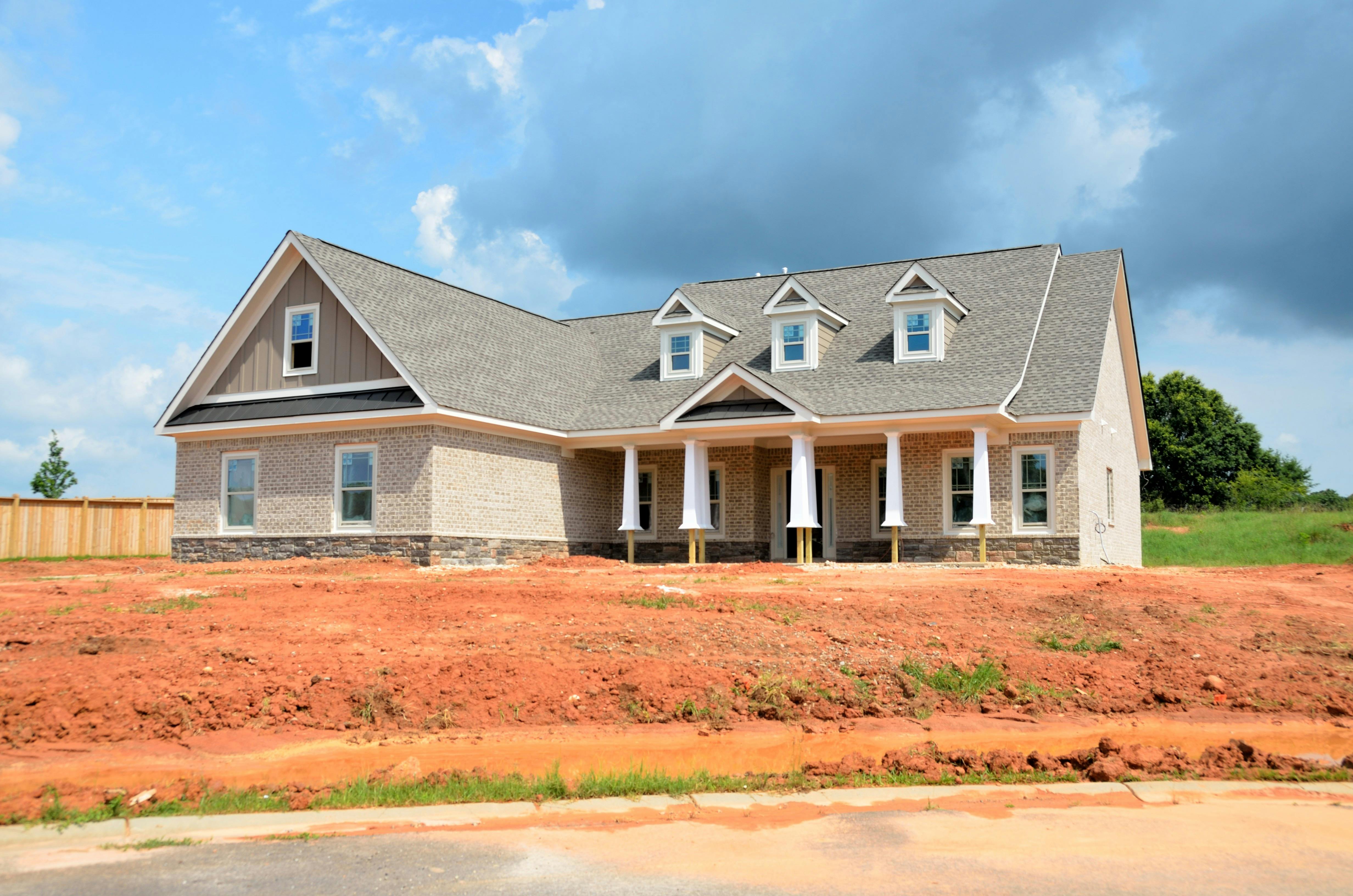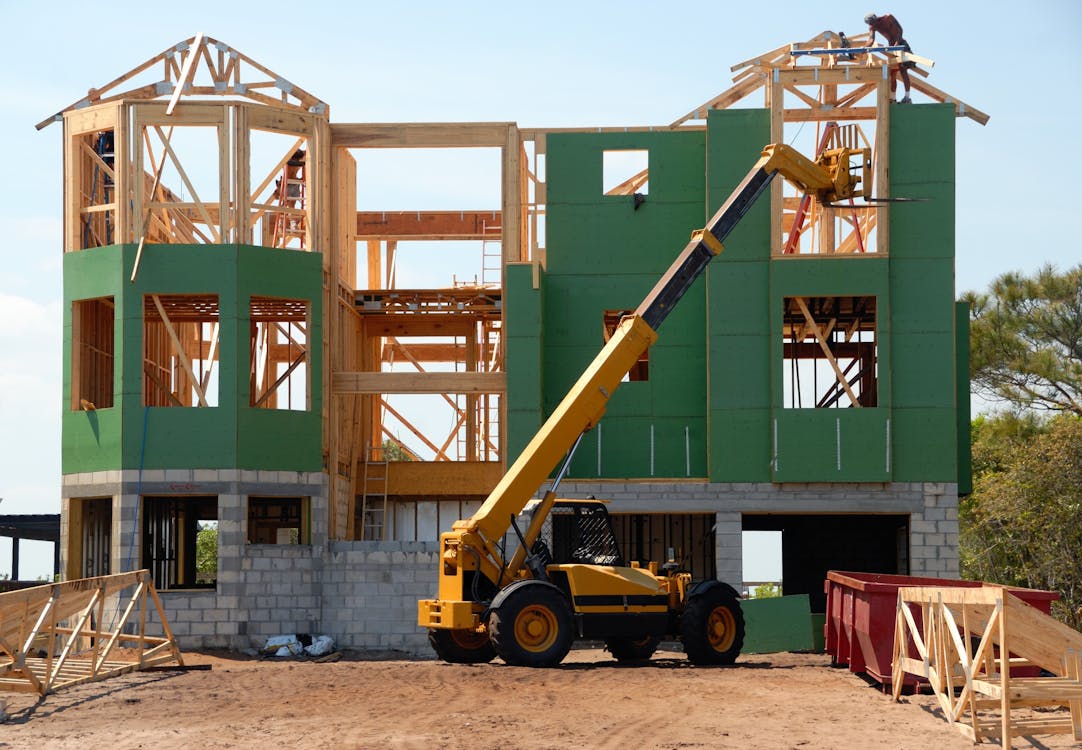Landlord Blog
Education and news for smart DIY landlords!
Is Buying a Newly Built House a Good Investment?

Investing in a newly built house is a significant financial decision that comes with its own set of advantages and potential drawbacks. For many, the allure of a brand-new property is hard to resist, but it's important to weigh the pros and cons to determine if it truly is a good investment.
Advantages of Buying a Newly Built House
 Modern Amenities and Features: Newly built homes often come equipped with the latest in design, technology, and energy efficiency. This includes state-of-the-art appliances, contemporary floor plans, and advanced home automation systems. Such features not only enhance living comfort but also increase the property's appeal and value.
Modern Amenities and Features: Newly built homes often come equipped with the latest in design, technology, and energy efficiency. This includes state-of-the-art appliances, contemporary floor plans, and advanced home automation systems. Such features not only enhance living comfort but also increase the property's appeal and value.
Lower Maintenance Costs: One of the most compelling reasons to invest in a new home is the lower maintenance costs. Everything from the roof to the plumbing and electrical systems is brand new, reducing the likelihood of unexpected repairs. Additionally, many new homes come with builder warranties, providing further peace of mind.
Customization: Buying a new home often allows for a level of customization that isn't possible with older properties. Many builders offer buyers the opportunity to select finishes, fixtures, and even layout options, ensuring the home perfectly matches their tastes and needs.
 Energy Efficiency: New homes are generally built to higher energy efficiency standards, incorporating better insulation, windows, and heating and cooling systems. This not only helps the environment but can also result in significant savings on utility bills over time.
Energy Efficiency: New homes are generally built to higher energy efficiency standards, incorporating better insulation, windows, and heating and cooling systems. This not only helps the environment but can also result in significant savings on utility bills over time.
Potential Drawbacks
Higher Purchase Price: Newly built homes typically come at a premium compared to older homes. This higher initial cost can be a barrier for some buyers and may impact the overall return on investment, particularly if the market does not appreciate as expected.
Location and Infrastructure: New constructions are often located in developing areas. While this can mean future growth and increased property values, it also can mean living in areas with less established infrastructure and amenities. Schools, shopping centers, and public transport may not yet be fully developed, which could affect daily living convenience and property desirability.
Read more: Why is Location Important In Real Estate?
Market Volatility: The real estate market can be unpredictable. While new homes often appreciate in value, this isn't guaranteed. Economic downturns, changes in interest rates, and shifts in market demand can all impact property values, potentially leading to a lower-than-expected return on investment.

Delays and Quality Issues: New construction projects can face delays due to various factors like weather, supply chain issues, or labor shortages. Additionally, the quality of construction can vary between builders. It’s essential to thoroughly research and choose a reputable builder to avoid future problems related to poor workmanship.
Long-Term Investment Potential
The long-term investment potential of a newly built house depends on various factors, including location, market conditions, and the quality of construction. Homes in desirable locations with good infrastructure tend to appreciate more steadily. Furthermore, properties built by reputable developers usually retain their value better due to higher construction standards and ongoing demand.
Conclusion
Buying a newly built house can be a sound investment if approached with careful consideration. The modern amenities, lower maintenance costs, and energy efficiency offer significant advantages, while the higher purchase price and potential market volatility pose risks.
Prospective buyers should thoroughly evaluate their financial situation, research the developer, and consider the long-term growth potential of the area. By doing so, they can make an informed decision that balances immediate benefits with future investment returns.
